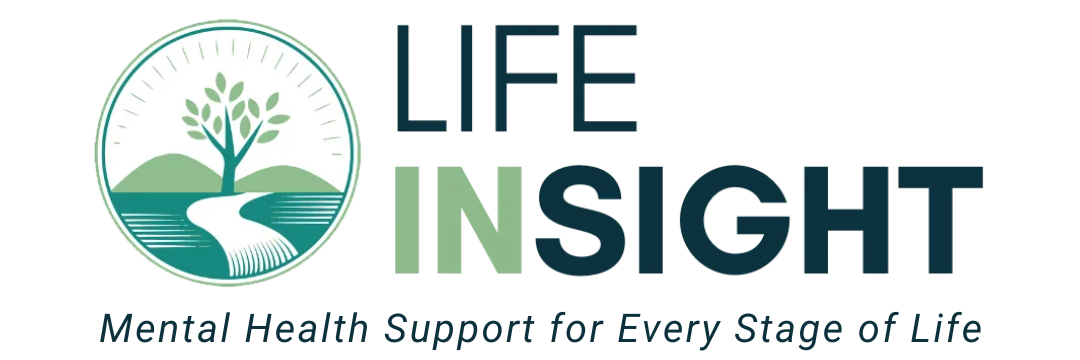Building Social Competence through Social Skills Group
Life InSight
It is probably more important than ever, in this digital age, to develop social competency in children. While technology offers us unprecedented connectivity with one another, developing the essential skills of face-to-face interactions can be negatively impacted by our overreliance on digital interactions. Furthermore, many children, whether they face developmental challenges or not, may struggle to intuitively grasp the intricacies and nuances of effective communication, social graces, and emotional regulation in various social scenarios. Direct teaching of these skills can neutralize the impact of technology and innate challenges. It can equip children with tools to navigate their social worlds more effectively. Children can learn to recognize social cues that will help them understand the impact of their behavior on others and be taught to think more flexibly and engage in active listening and problem-solving which will serve them well as they face increasingly complex social interactions.
While many children benefit from learning these skills in one-to-one settings, there are several advantages to group-based skills training. Group settings mimic real-world scenarios and dynamics. Utilizing cooperative activities, role-play, games, and conversation, children are placed in similar situations that they would be in their lives. They learn to negotiate interpersonal dynamics, tolerate other’s opinions, and give and receive feedback respectfully. As this is a highly facilitated experience, they can receive coaching in real-time from the group facilitator to support their success in the group and hopefully generalize that success outside of the group. Successful group interactions can provide children with the confidence that they need to be successful outside of the group, which is of course the goal. And probably most importantly, it is just more fun! While those of us who did not grow up in the digital age may lament the loss of certain aspects of interpersonal relatedness, group social skills training may help bridge those gaps and set our children up for social success no matter what technological evolutions lie ahead.

Every April, Autism Awareness Month invites us to reflect—not just on challenges—but on opportunities. One of the most powerful, lasting investments we can make in a child's future is helping them build meaningful social connections. For kids and teens on the autism spectrum, the social world can be hard to navigate. Understanding unspoken rules, reading facial expressions, or knowing how to join a conversation doesn't always come naturally—and those gaps can impact friendships, confidence, and even independence. That's where social skills support comes in. Why Social Skills Support Is Essential Social success isn't just about fitting in. It's about understanding how to connect—and having the confidence to try. Many kids on the spectrum want to make friends but aren't sure how. Others may shy away from social situations because they feel unsure or overwhelmed. Unfortunately, traditional therapy or school settings don't always offer focused support for these challenges. A structured social skills program creates space to slow things down, practice key behaviors, and build relationships in a supportive, low-pressure environment. What Social Skills Programs Look Like Life InSight's social skills programs are built around real-life situations and age-appropriate goals. These aren't lectures. They're active, hands-on sessions where kids learn by doing—together. Here's what that might look like: Small group settings where peer modeling happens naturally Role-playing everyday situations like ordering food or joining a game Practicing turn-taking, conversation starters, reading body language, and managing conflict Opportunities to use new skills in real-world scenarios—with support These moments might seem small, but they build toward something bigger: the ability to connect, adapt, and thrive. Who Can Benefit Most While every child is different, we've seen social skills programs be especially valuable for: Kids who've been recently diagnosed and are starting their care journey Children moving into a new school phase (elementary to middle school, etc.) Those struggling with friendships, isolation, or anxiety in social settings Families whose IEPs or school supports aren't fully addressing social needs Even a few sessions can help unlock confidence and make group settings less intimidating. Why It Matters Long-Term When kids feel competent socially, it changes everything. They engage more in school. They experience less frustration and fewer behavioral outbursts. Their self-esteem grows. And perhaps most importantly, families feel more hopeful about their child's ability to build meaningful relationships—now and into adulthood. This Autism Awareness Month, let's commit to more than awareness. Let's take action. If you think your child could benefit from structured social skills support, we're here to guide the way. Let's build a connection—together.




